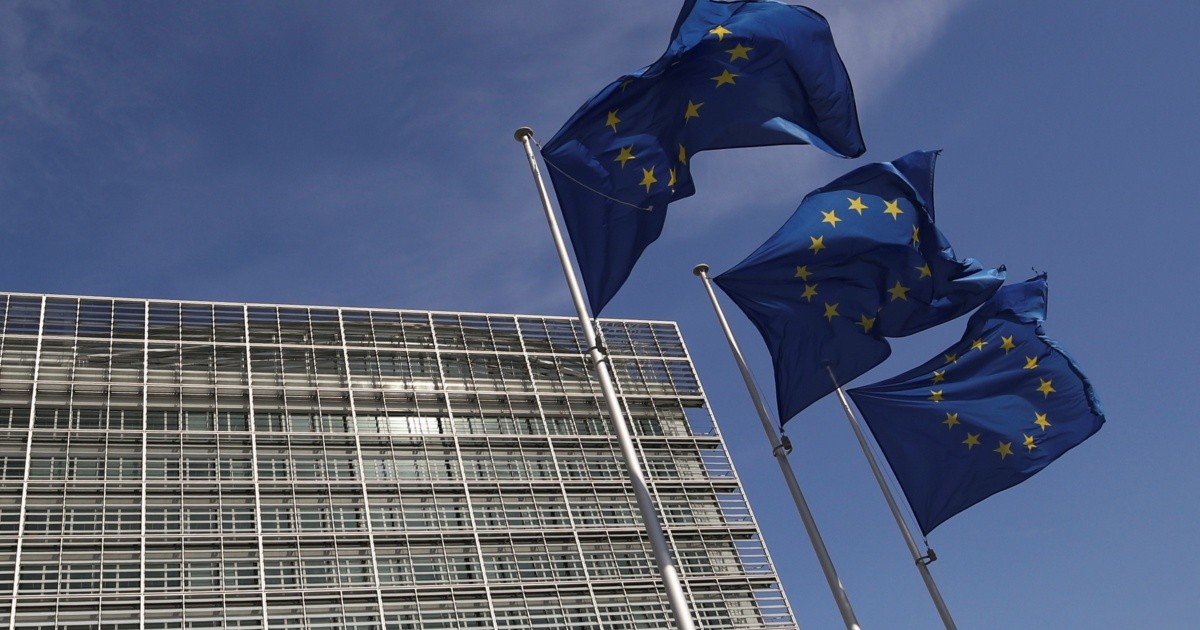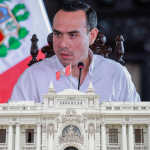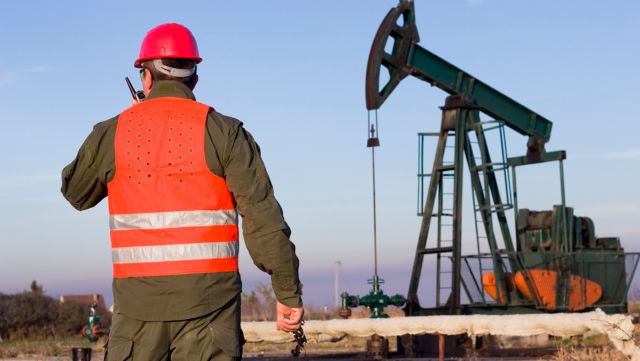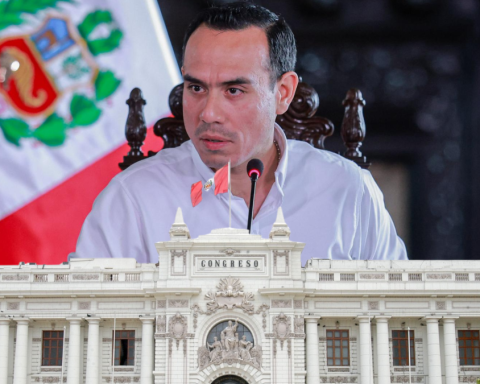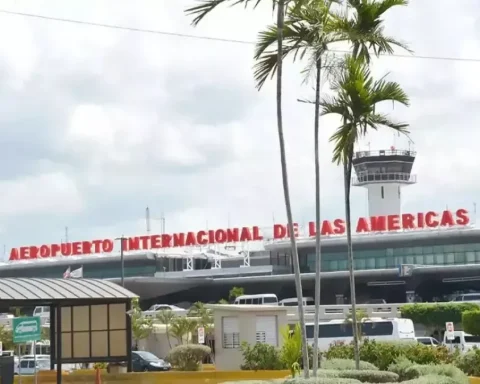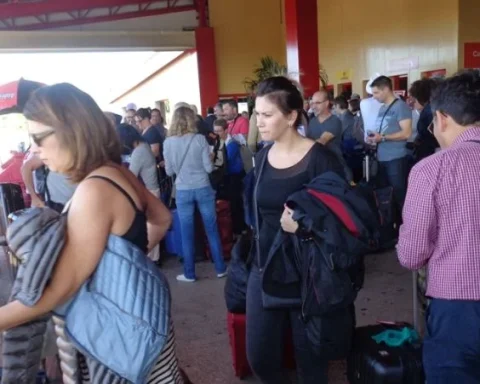Europe points to gas and the Petroleum of the Gulf countries as an alternative to Russian hydrocarbons after Russia’s military escalation in Ukraine, but although the option is attractive, it is not simple or safe.
The start of Russian military operations in Ukraine pushed the price of a barrel of crude oil above $100 for the first time in more than seven years.
The European Union (EU) 40% dependent on Russian gas and imports from Russia about 2.3 million barrels of oil per day.
This forces the EU to look towards Saudi Arabiawhere the oil is left over, and qatarwhich has significant gas reserves.
Close to the United States and the EU, Saudi Arabia and Qatar “face significant demand for their exports” from hydrocarbonstells AFP Karen Young, director of the economics and energy program at the Middle East Institute, based in Washington.
But increasing oil production and transporting new amounts of liquefied natural gas (LNG) is not “so simple”.
Both countries are not prepared to become a “superhero in the event that Russian gas and oil stop reaching Europe,” says the researcher, who emphasizes that investments are not going fast.
“There are ongoing negotiations” to redirect gas deliveries planned for Asian markets to Europe if necessary, a Qatari official told AFP in late January.
Some major oil importers have asked the Organization of the Petroleum Exporting Countries and its allies (OPEC+) to increase production, putting pressure on Saudi Arabia in particular.
Between Moscow and Washington
But like their Gulf neighbors, Riyadh and Doha are treading carefully.
Qatar said it has little additional LNG production capacity and the amount of gas that can be diverted from existing contracts is limited.
At a summit of gas exporters in Doha earlier this week, major producers including RussiaThey said they could not guarantee prices or supplies.
For its part, Saudi Arabia, a key player in OPEC+ along with Russia, did not express interest in increasing oil production.
“OPEC + has so far expressed its intention to respect the agreement,” Amena Bakr, from the Energy Intelligence analysis office, told AFP, referring to the current production quotas of the member countries.
Close to Washington and Moscow, Qatar and Saudi Arabia trust the us military umbrellawhile developing economic and political relations with Russia.
“Saudi Arabia wants to keep Russia as a partner in OPEC+,” Ben Cahill, a researcher at the Center for Strategic and International Studies, told AFP.
The current crisis also provides countries oil producers and Gulf gas an opportunity to recall its strategic importance, at a time when criticism abounds about the impact of the hydrocarbon industry on the environment and climate.
Qatar thus hopes to obtain long-term supply contracts (up to 25 years), which Europe has so far refused.
The Gulf countries facing their “decline” in a context of “energy transition“They can use this opportunity” to affirm their importance in the world economy, underlines Karen Young.
